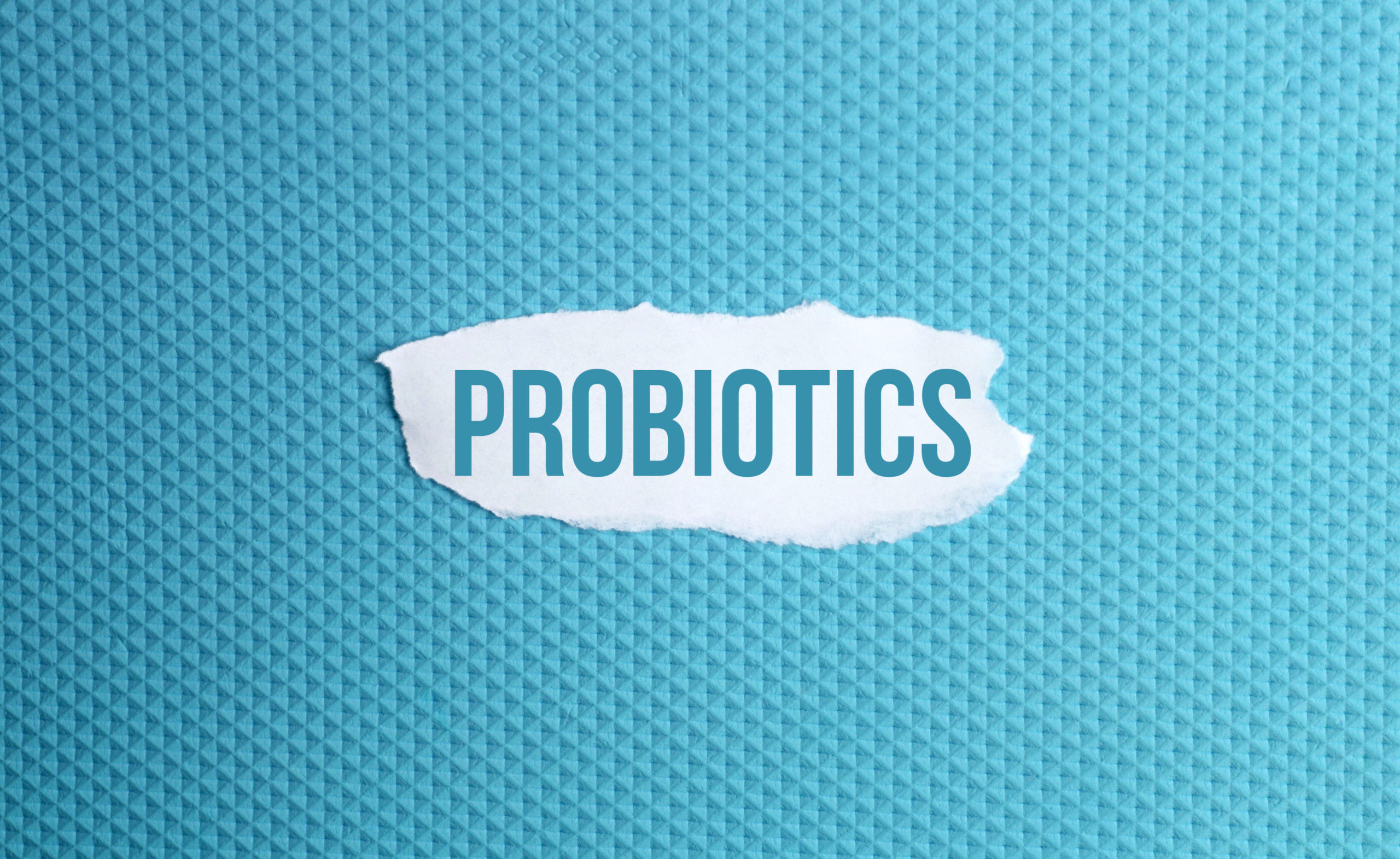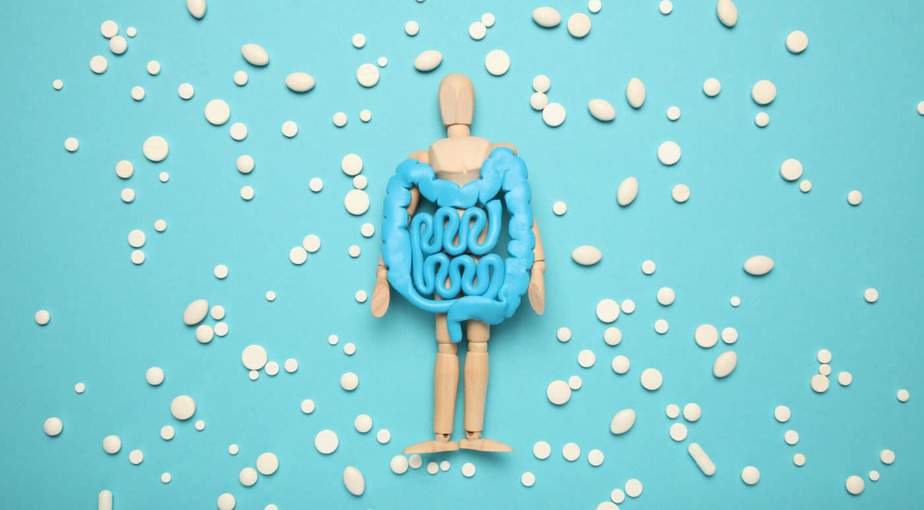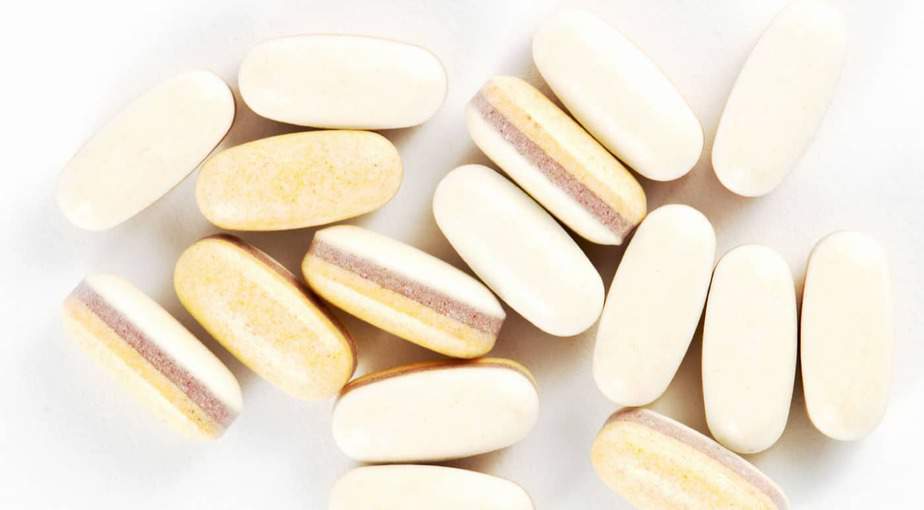How to choose the best probiotic comes down to two things: Knowing exactly what you’re buying; and confirming that the advertised ingredients are of good quality.
Unlike many supplements, probiotic supplements are actually alive. A probiotic is composed of living bacteria and yeasts, and the success of a given probiotic depends on these bacteria and yeasts remaining alive until ingested.
Key Point: Choosing the best probiotic comes down to choosing a quality product with a good strain of bacteria that will provide the desired boost to your digestive system. But to find out exactly which strain works best for you, experimentation may be required.
Quick Links
Probiotic FAQs

What is the Gut Microbiome?
In short, the human gut microbiome is a community of microbes (mostly bacteria) that live in your gastrointestinal (GI) tract. It’s estimated that over 1,000 different microbial species reside in the human GI tract, and there are more bacterial cells than there are human cells throughout the body.
To some, this probably sounds like a “bad” thing. After all, bacteria are often responsible for making us ill. However, there are plenty of commensal (read: “friendly”) bacteria that we depend on from the day we are born.
Just as we all need to consume essential nutrients like vitamin C, fat, and protein in order for our bodies to function properly and stay resilient, a healthy gut microbiome is crucial for our well-being and longevity.
What are Probiotics?

Probiotics are dietary supplements or foods that contain “friendly” microorganisms (typically bacteria) that encourage a healthy gut microbiome. For example, if you consume fermented foods like sauerkraut and yogurt, you’re ingesting probiotics. However, the microbial potency of probiotic supplements is typically much higher than food sources.
While we still have much to learn about the gut microbiome, there is no shortage of evidence illustrating its roles in virtually all aspects of our health, including immune function, nutrient digestion, toxin and waste elimination, reproductive health, cognitive processes, and even body weight regulation.
As such, probiotics have been a major focus of clinical studies in recent years.
Do probiotics really work?
Vaguely, yes—probiotics do work. But we should rephrase this question since many things in life “work” to some degree, though that doesn’t make them particularly useful or reliable.
A better way to pose this question: “What are the benefits of probiotics?”
Depending on which specific subspecies and strains are in your probiotic supplement, the benefits may include:
- Improved immune function
- Normalized bowel regularity
- More efficient nutrient digestion and waste elimination
- Enhanced cognitive function
- Support for weight management
- Urogenital health (particularly for females)
To be clear, probiotics are not meant to replace a proper diet and regular physical activity.
Making poor food choices and living a highly sedentary lifestyle will likely negate the benefits of taking probiotics. Remember, probiotics are dietary supplements—they are meant to serve as an adjunct to a healthy diet and lifestyle, not the other way around.
Why do Probiotic Strains Matter?

Each probiotic strain is a distinct entity with its own distinguishing features and benefits.
There are hundreds of potentially beneficial probiotic strains, most of which fall under the following subspecies:
- Lactobacillus acidophilus
- Lactobacillus plantarum
- Lactobacillus casei
- Lactobacillus paracasei
- Lactobacillus salivarius
- Bacillus coagulans
- Bacillus subtilis
- Bifidobacterium breve
- Bifidobacterium lactis
- Bifidobacterium longum
- Streptococcus thermophilus
Within each of these subspecies, there are many strains that may be beneficial. The best probiotic supplements explicitly list each individual strain in the ingredient panel, giving you confidence that it’s a reliable formula.
For example, the ingredients of a quality probiotic might look something like this:
- Lactobacillus acidophilus La-14
- Bifidobacterium lactis Bl-04
- Bifidobacterium breve Bb-03
- Streptococcus thermophilus St-21
- Bifidobacterium bifidum Bb-02
- Lactobacillus salivarius LS-33
If there is no strain identified after the subspecies names, you have no way of knowing which strains you’re consuming, or if they’re effective.
What are the Best Probiotics?
While not intended to be a comprehensive list, here are 20 of the most thoroughly studied, patented, and trademarked probiotic strains to date:
- GanedenBC30 (Bacillus coagulans strain GBI-30, 6086)
- LactoSpore (Bacillus coagulans strain MTCC 5856)
- Bb-03 (Bifidobacterium brevis strain ATCC SD5206)
- DR10 (Bifidobacterium lactis strain HN019)
- Bifidobacterium BB-12 (Bifidobacterium lactis strain DSM 15954)
- Bl-05 (Bifidobacterium longum strain ATCC SD5206)
- Bl-04 (Bifidobacterium lactis strain ATCC SD5219)
- Lc-11 (Lactobacillus paracasei strain ATCC SD5213)
- L. CASEI 431 (Lactobacillus paracasei strain ATCC 55544)
- La-14 (Lactobacillus acidophilus strain ATCC SD5212)
- LA-5 (Lactobacillus acidophilus strain DSM 13241)
- DR20 (Lactobacillus rhamnosus strain HN001)
- Lactobacillus GG (Lactobacillus rhamnosus strain ATCC 53103)
- GR-1 (Lactobacillus rhamnosus strain ATCC 55826)
- Protectis (Lactobacillus reuteri strain DSM 17938)
- RC-14 (Lactobacillus reuteri strain ATCC 55845)
- ME-3 (Lactobacillus fermentum strain DSM 14241)
- LP299v (Lactobacillus plantarum strain DSM 9843)
- Lp-115 (Lactobacillus plantarum strain ATCC SD5209)
- Ls-11 (Lactobacillus salivarius strain ATCC SD5208)
You can be confident that you’re choosing the best probiotics when these strains are part of the formula.
Do I Need to Refrigerate My Probiotics? How Long do Probiotics Last?

Probiotics contain living microbes, so it is generally best to keep them in your fridge, or at least a cool, dry part of your home. Inevitably, some of them will die before they reach you, but if stored properly, probiotics typically retain at least 50% of their original CFU potency for 1-2 years beyond the manufacturing date.
This is the case even for freeze-dried (lyophilized) probiotics. The main thing is to keep probiotics away from high heat, since it kills bacteria and can rapidly reduce the supplement’s potency.
What Does CFUs Mean for Probiotic Dose?
Unlike most dietary supplements, probiotics are often dosed according to the number of CFUs (colony-forming units) at the time of manufacturing. A CFU is a unit used in microbiology to estimate the number of viable (i.e. alive and able to multiply) microbes in a sample.
In order for a probiotic supplement to be effective, these microbes must pass through the highly acidic environment of the stomach and (hopefully) make it to the upper and lower GI tract, where they can colonize and proliferate.
Thus, probiotic supplements are typically given in very high doses (tens of billions of CFUs), since not all of the microbes will survive the digestive process.
Probiotics vs Prebiotics: What’s the Difference?

In contrast to probiotics, prebiotics are nutrients—typically dietary fibers such as inulin—that feed healthy gut microbes so they can proliferate and flourish.
In this sense, prebiotics are the foundation of gut health and work synergistically with probiotics.
How Long Does it Take for Probiotics to Work?
A recent research review suggests that it takes at least 2-3 weeks before gut microbiota composition changes significantly in response to probiotics. If you’re hoping that probiotics will make you feel better overnight, you’re in for a major letdown.
But realistically, there are no health supplements that produce significant benefits and transform your life after just a few doses.
This is not to say that probiotics don’t “work” in the first few days you take them. They are still “working,” you just won’t perceive much benefit until you’ve taken them consistently for a period of time and your gut microbiome can adjust to having more “friendly” microbes around.
What’s the Difference between Probiotics for Men and Probiotics for Women?

The main difference between sex-specific probiotics is the strains that are used in the formula. In general, probiotics for women target vaginal health. Probiotics for men are likely just a well-rounded probiotic formula that, in reality, is unisexual.
For example, Lactobacillus reuteri RC-14 and Lactobacillus rhamnosus GR-1, have been shown to improve vaginal microflora balance and may reduce the risk of urinary tract infections.
Likewise, there are also a handful of studies that suggest certain probiotic strains may support youthful testosterone levels in males, though the evidence is very limited at this time.
Should I take probiotics with food or on an empty stomach?
A: Generally, it’s best to take probiotics on an empty stomach about 20-30 minutes before a meal. When in doubt, follow the instructions on the label of the probiotic you’re taking.
What are synbiotics?
A: Synbiotics are foods or nutritional supplements that contain both prebiotics and probiotics that may have synergistic effects with one another.
Looking for the Best Probiotics?
Make no mistake, probiotics can have pronounced effects on the gut microbiome, thereby improving many facets of our health.
However, if you buy a poorly made probiotic, chances are you’ll experience little to no benefits and give up on gut health altogether. To ensure that doesn’t happen, check out our guide to the best probiotics.
As this research review puts it, “Recent research has highlighted the probiotic potential in the treatment or prevention of disease conditions, maintenance of health, improving immunity and in the reduction in the risk of future diseases.”
How to Identify the Best Probiotic Strains
The best probiotic strains are those that address your health-related needs and wants to a T! You must then determine your health issues that you want addressed using probiotics. You may want to keep the following probiotics and their possible effect on health in mind when choosing the best for yourself.
- L. Acidophilus has been shown to survive passage through the stomach and thrive in the intestines, thus, its wide use in the adjunct treatment for diarrhea and upset stomach. It’s also used in maintaining and strengthening vaginal health and, in combination with L. bulgaricus, in improving acne symptoms.
- B. Longum is among the first beneficial bacteria that colonize the human body at birth. Their main function is the fermentation of sugars into lactic acid, an important process in stabilizing acidity in the gastrointestinal tract and inhibiting harmful bacterial growth. As a probiotic, it can be combined with either yogurt or milk to improve bowel movement in case of constipation-prone adults.
- B. Bifidum has been shown to support immune function and gastrointestinal health. While our bodies have it in healthy levels, stress, antibiotic use, and aging can deplete its stores, thus, the need for supplementation.
- L. Casei may be beneficial in boosting brain function and relieving anxiety, but it’s more widely used in the adjunct treatment of diarrhea and for digestive support.
- L. Rhamnosus is also used in treating diarrhea, especially in relation to travel-induced disruptions to gut health. Studies have shown that it may also be beneficial in the prevention of eczema.
- L. plantarum may be useful in the regulation of the immune function and in inflammation control, such as in bloating and abdominal pain associated with irritable bowel syndrome (IBS).
- B. Lactis shows promise in boosting the immune system by increasing antibody levels.
Conclusion: Finding the right probiotics for you will come down to identifying a trustworthy brand that delivers high quality strains of bacteria that have been proven to survive the manufacturing and packaging process.
